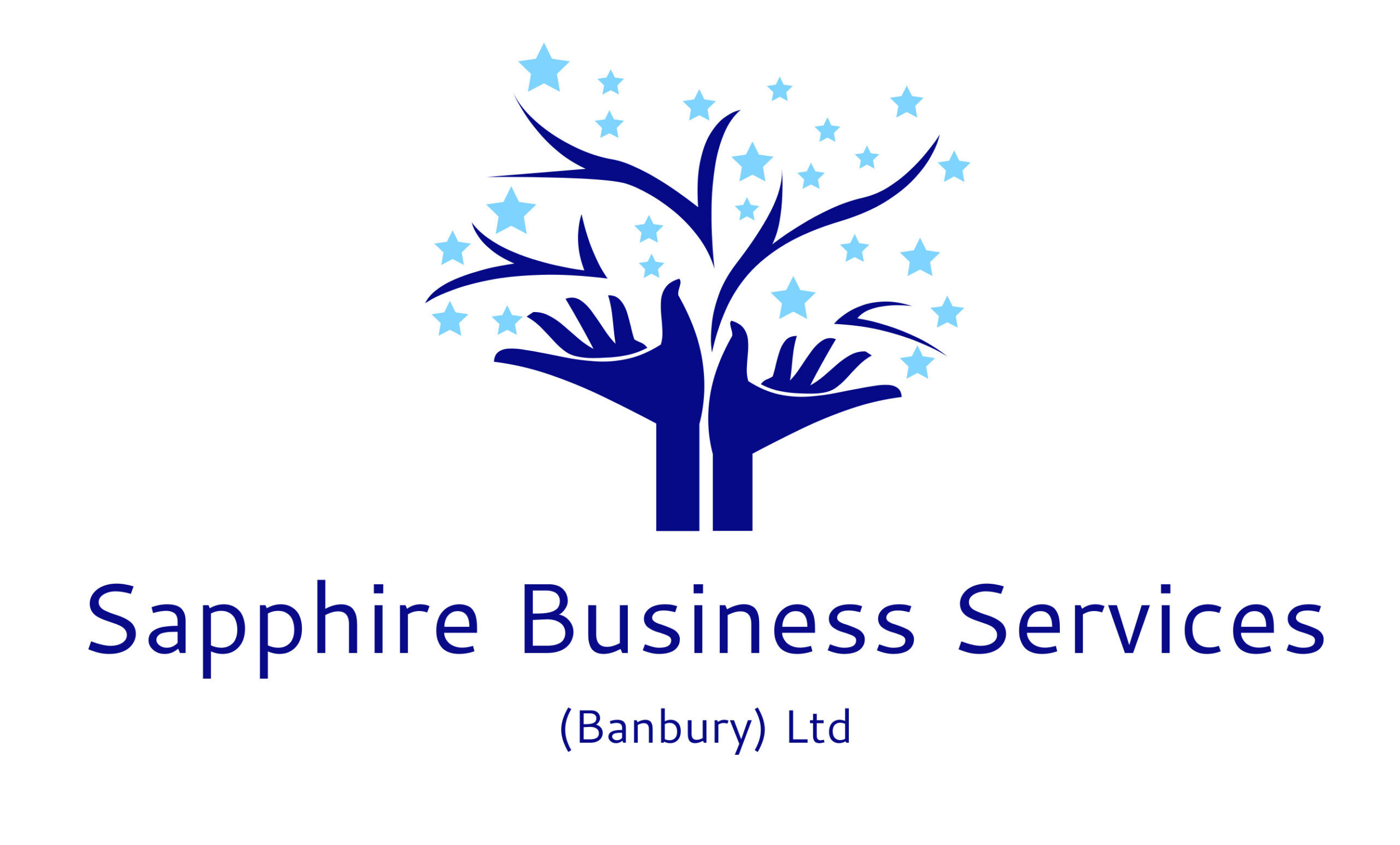We have created this Tax For Landlords Toolkit for Private Landlords of Residential Properties to help you navigate to the right place for information that you need
(please note that there are different tax rules for commercial property and furnished holiday lettings that are not covered in this Toolkit)
Responsibilities of A Private Residential Landlord
You’re a landlord if you rent out your property. As a landlord you must:
- keep your rented properties safe and free from health hazards
- make sure all gas and electrical equipment is safely installed and maintained
- provide an Energy Performance Certificate for the property
- protect your tenant’s deposit in a government-approved scheme
- check your tenant has the right to rent your property if it’s in England
- give your tenant a copy of the How to rent checklist when they start renting from you
- meet Health & Safety responsibilities
- consider your financial responsibilities
National Residential Landlords Association provide lots of information for Landlords to help you navigate your responsibilities
Annual membership is £75, to receive a £15 discount from your first year’s membership fee you can use our discount code DSG-228
Stamp Duty Land Tax
You must pay Stamp Duty Land Tax (SDLT) if you buy a property or land over a certain price in England
The total value you pay SDLT on is usually the price you pay for the property or land and since 2016, the rates payable by Private Landlords increased by 3%
You can use the SDLT calculator on Gov.uk to work out how much Stamp Duty you will need to pay when you are purchasing a new property
https://www.tax.service.gov.uk/calculate-stamp-duty-land-tax/#/intro
Paying Tax On Profit From Renting Out Your Property
You will be liable for tax on any profit your make from your property, both the rental income and any gain when you sell it:
- Income Tax on your rental income profit
- Capital Gains Tax on your profit when you sell your property
Income Tax on Your Rental Income Profit
You should keep accurate records of rent received from your tenants and all of your expenses so that you can work out your profit from your rental income, this should include rent books, bank statements, invoices and mileage logs for any journeys solely related to your rental property
At the end of the tax year, you should add up all of your rental income and take off your expenses to work out your profit. Finance costs, such as interest on a mortgage, should be recorded separately as relief at for these costs is given at 20% after your profit has been calculated.
Any costs that are incurred in improving the property, rather than repairs or replacements should not be included as these will be capital expenses, these can be offset against any gains when you sell your property
You should notify HMRC of your profit and any finance costs on a self assessment tax return and they will calculate any liability for tax along with payment due dates.
If you own a property that you rent out jointly then your income and expenses will be split for tax liability calculation in the same percentage that your own the property
From April 2023, Landlords with property income over £10,000 will need to sign up to Making Tax Digital (MTD) which means keeping your income and expense records digitally, we have an MTD Toolkit with more information on this http://www.sapphirebusinessservices.co.uk/wp/mtd/
You can find further guidance on paying tax on your rental income profit on Gov.uk https://www.gov.uk/guidance/income-tax-when-you-rent-out-a-property-working-out-your-rental-income
Capital Gains Tax On Profit When You Sell Your Property
Capital Gains Tax is a tax on the profit when you sell (or ‘dispose of’) something (an ‘asset’) that’s increased in value. Capital Gains Tax is due on the gain that you make, not the amount you receive
Your gain will be the difference between what you paid for it and what you sold it for and you can also deduct from the profit, any costs of buying, selling or improving your property. You may well have your property for many years, so it is really important to retain accurate records and documentation on these costs to ensure that you can include them when calculating your profit on sale
You only have to pay Capital Gains Tax on your overall gains above your tax-free allowance (called the Annual Exempt Amount) for the 2021/22 tax year, this is currently £12,300. When selling a property, even if your gain is below your annual exempt amount or you make a loss, you still need to tell HMRC
You may be able to claim some tax relief if your property was your main home at any time during your ownership
You can find further guidance on paying tax on your gain when you dispose of your property on Gov.uk https://www.gov.uk/tax-sell-property
